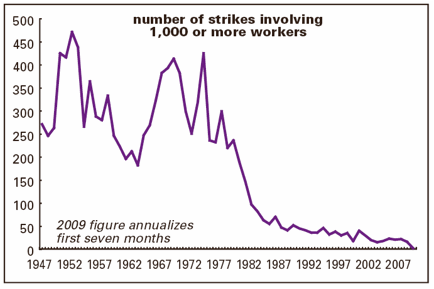Satyajit Das: Potemkin Villages – The Truth about Emerging Markets
By Satyajit Das, the author of “Traders, Guns & Money: Knowns and Unknowns in the Dazzling World of Derivatives”
Martin Gilman (2010) No Precedent, No Plan: Inside Russia’ 1998 Default; MIT Press, Cambridge, Massachusetts
Victor C. Shih (2008) Factions and Finance in China; Cambridge University Press, Cambridge, Massachusetts
Carl E Walter and Fraser J. T. Howie (2010) Red Capitalism: The Fragile Financial Foundation of China’s Extraordinary Rise; John Wiley, Singapore
According to myth, Russian minister Grigory Potyomkin ordered the erection of fake settlements, consisting of hollow facades of villages along the Dnieper River, to impress Empress Catherine II, about the value of her new conquests during her visit to Crimea in 1787. More than two centuries later, emerging market nations have borrowed the strategy. These three books provide insights into the Potemkin-village-like structure of emerging economies.

